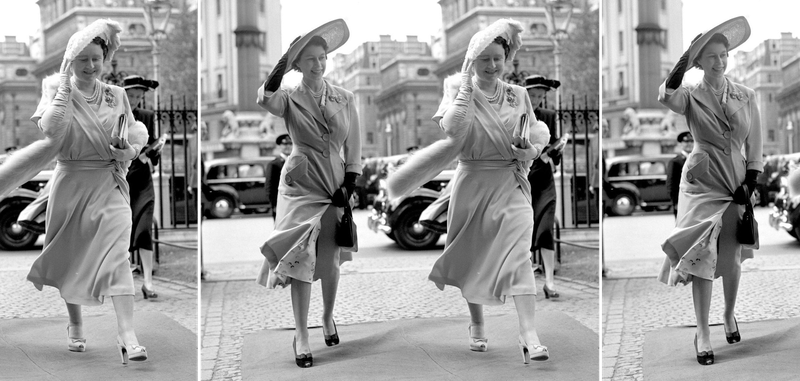
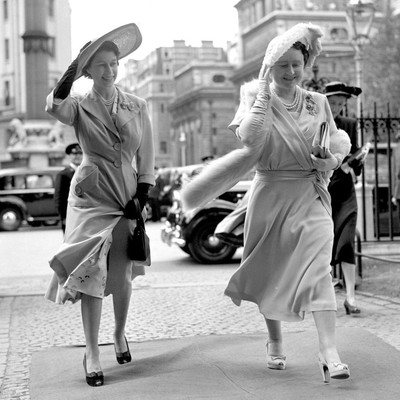
In Conversation With… Robert Hardman

The Platinum Jubilee is genuinely historic. That’s an often over-used word in royal commentary circles, but it really is. We’ve never had a monarch celebrate 70 years on the throne – but it’s about more than just the longevity of her reign. By the way, the Queen isn’t competitive about these things – she doesn’t focus on outlasting the ancestors or anything like that. In her view, the only reason she’s been on the throne so long comes down to the premature death of her father, something she wishes hadn’t happened. It’s why I think these anniversaries always have a nuanced feel for her.
Even so, the Jubilee is a momentous occasion for the country and the Commonwealth. The Queen is quite a reserved person. That might sound odd describing one of the most famous women on the planet, but she really doesn’t crave the spotlight. And yet she finds herself the focus of so much attention. She really sees events like the Jubilee as a two-way street – the nation is thanking her for her service, but she’s also saying thank you for all the support. That’s what makes it a special relationship.
Previous monarchs have had quite a different job. Queen Victoria’s responsibility, and even to some extent King George VI’s, was to shore up the security and future of Great Britain. They were also much more concerned with defending the Empire and holding onto territory to be bigger and better than their rivals. For Queen Elizabeth, it’s not been like that.
She came to the throne knowing colonialism was drawing to a close. Many corners of the world were keen to be free, independent democracies so, instead, she’s dedicated herself to handing over control to different countries with good grace and in the spirit of partnership. The Commonwealth has been the net result of that.
People forget the Commonwealth has expanded from 14 countries to 50 during her reign. And there’s also a queue of countries wanting to join, even if some are expressing a desire to leave. That is undoubtedly down to her. On many occasions during the last 70 years, she’s been what Britain has been able to hold onto. She stands for stability and permanence – which has proved invaluable. She’s also been intrinsic in building Britain’s image on the world stage, encouraging people to visit our country and find out more about our history.
What I’m saying isn’t a royalist fantasy. I’ve spent so much time going through Foreign Office files, letters and telegrams and talking to people who worked closely with the palace during some of this country’s most difficult times and many say the same thing.
The Commonwealth will undoubtedly evolve after her reign is over. But it’s important to remember that it’s always been in a state of flux. For example, during my research, I found telegrams from 1975 proclaiming it was over for the crown in Jamaica. It’s interesting when you consider the events of the most recent royal tour to see this has been an issue for far longer than people claim. And yet the Queen’s soft, diplomatic power has stood her in good stead. There’s often a confusion between the Commonwealth and the Commonwealth realms. Most members of the former – countries like Pakistan and Malaysia – don’t have the Queen as head of state.
There won’t be an issue with Charles being head of the Commonwealth. At the most recent summit in 2018, all the leaders endorsed a statement saying he should take over that role when the time comes. I’ve also spoken to former prime ministers – many of whom are staunch republicans and believe their countries should have a governing leader – who also have no problem with the symbolic role played by the royal family. They understand it’s not a constitutional role – it’s just a bit of stardust.
The Queen is fundamentally a pragmatist. She’s not sentimental at all – her close friends say she doesn’t like dwelling on the past. It’s interesting because the Queen Mother was a great reminiscer and romantic, but the Queen is much more focused on the present and, to some extent, the future. For example, state banquets always start with soup; so when it was suggested that course should be cut out to streamline the evening and cut down on time, many courtiers were nervous about asking the Queen. But she said to cut it. She’s practical – end of – and I admit that’s something that’s surprised me over the course of my career writing about her life. She’s unflappable.
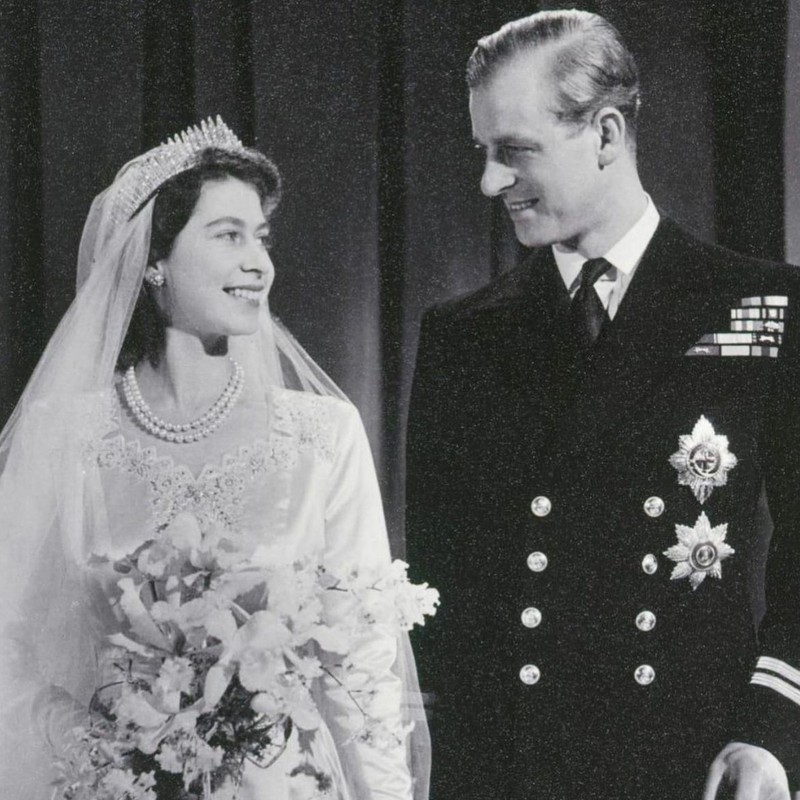

The other thing that’s really surprised me is how charming she can be. I know a lot of people who have been nervous about sitting next to her at a dinner but reported how friendly and straightforward she is. She doesn’t reveal much – or get bogged down in facts or figures – but when you think about how many people she’s met over the course of her reign (including 14 British prime ministers) it’s astonishing how easy she still is in company.
One of my favourite memories of the Queen was her skit with James Bond for the 2012 Olympics. There was a lot of worry behind the scenes about what it might mean or how it might affect her image – and that of the royals more generally – but as soon as it was put to her, she agreed to it. She’s a quick decision maker, though. I remember when one of her speechwriters gave her a draft which started “I’m very glad to be back in Birmingham” – she immediately crossed out the word ‘very’ because she said it smacked of insincerity. She has great attention to detail.
Every aspect of the Jubilee will have been run by her. Nothing happens without her knowing about it. People say she’s a good boss to work for because she doesn’t panic. Her default position in any crisis is complete calm – something that probably comes from her father and his maritime career. Her view is always ‘this storm shall pass’.
I think her depiction in ‘The Crown’ is a tad unfair. Don’t get me wrong – it’s brilliant television – but people often mistake the Queen’s stoicism for coldness. She’s portrayed very much as this downtrodden monarch lurching from one crisis to the next and that’s not accurate. Olivia Coleman just looked like she’d constantly sat on a drawing pin – and life around the Queen isn’t like that. She’s not a delusional optimist, but she always tries to see the best in things.
I remember when the Queen suffered from smoke inhalation after Windsor Castle caught fire. She’d gone back inside to retrieve some personal belongings but when she returned to London and her staff came out to comfort her, her response was simply: “At least we were able to retrieve the pictures.” She has a very upbeat nature and always looks on the bright side.
Her faith has been one of her most enduring influences throughout her reign. I’d argue she’s one of the most religious Supreme Governors of the Church of England we’ve had, really since Henry VIII. The other formidable influence is George VI – the first 15 years of her reign were very much spent in the shadow of his image, especially as she inherited a lot of his advisors and because her mother was still around. His war diaries extend to 11 volumes – they give an incredible insight into what it was like to be the monarch during the war, with the constant threat of kidnapping and assassination. In his view, there was no question that the family would ever leave the country.
The other towering figure behind the throne during her reign has been Prince Philip. She’s often referred to his influence in many of her speeches, but having watched them in stressful moments, you can see what it meant to her to have him by her side. She might be the one in charge at any given event, but even the slightest turn of the head would tell onlookers that she wanted to know Philip was behind her. Her eyes would always light up whenever he was around. Their relationship was very touching – and it’ll be one that people talk about in the future with a lot of respect. A bit like we refer to Victoria and Albert. In some ways it’s been the longest royal love story in history.
The book is peppered with some of my personal favourite memories of the Queen. I very much enjoy how she’s able to diffuse tense situations – especially at formal events when a certain amount of pomp and ceremony is necessary. At an event in Scotland, she was accompanied by the Lord Lieutenant, who is often an ex-military person, and this one had a sword which got stuck when he tried to get out of the car. The Queen got out in the meantime, waiting to be introduced to the long line of people who had assembled to greet her, and nothing was happening because this chap was stuck. Eventually, she started down the line saying, “I’m sorry, my Lord Lieutenant appears unable to get out the car, so I’d better introduce myself – I’m the Queen.” It’s those sorts of moments – when she cuts through the fuss and palaver – that people tend to remember most fondly.
She’s very conscious of her role and what it means to be the Queen. One of the reasons we’re seeing less of her is because she doesn’t like to appear weak and infirm. There’s no great medical issue at play here – it’s just about mobility. She’s still very committed to her constitutional commitments – meeting with prime ministers, signing off on legislation etc. None of that will change. Ultimately, through all my research and time spent reporting on the royals, the one thing that crops up time and again is how proud people are to have known her.
Queen of Our Times: The Life of Elizabeth II by Robert Hardman is out now. Available at Waterstones.com.
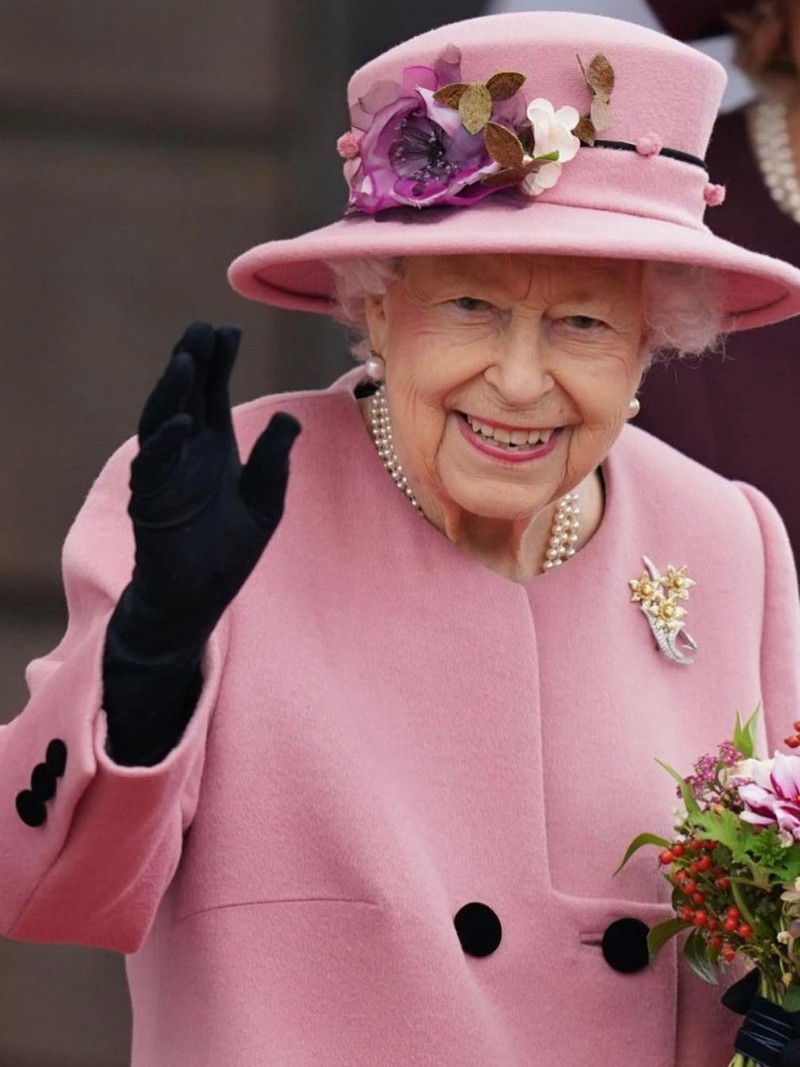
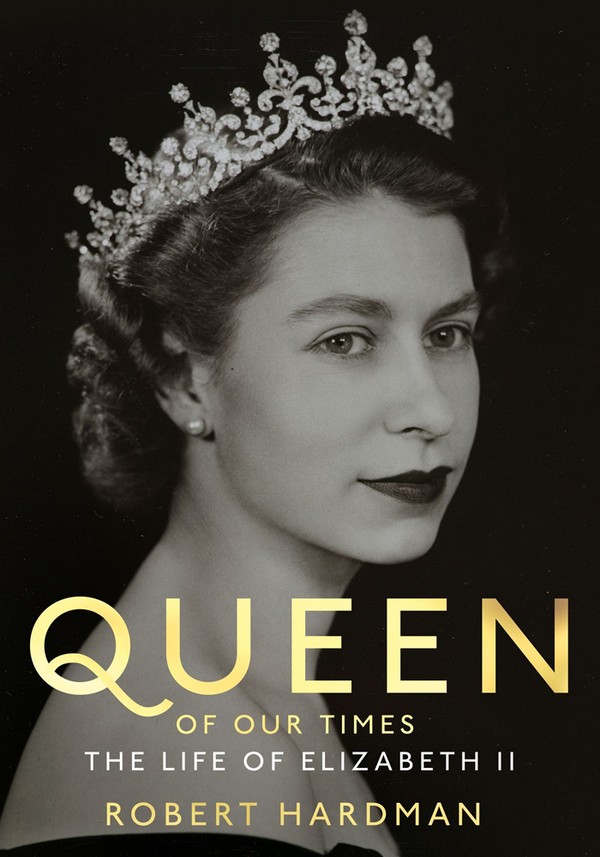
DISCLAIMER: We endeavour to always credit the correct original source of every image we use. If you think a credit may be incorrect, please contact us at info@sheerluxe.com.

